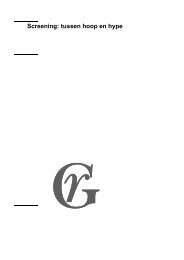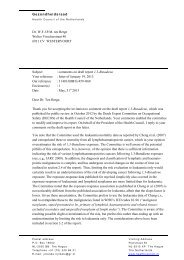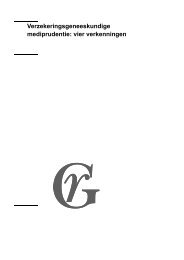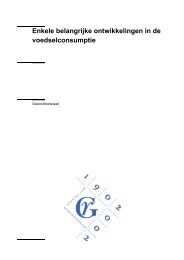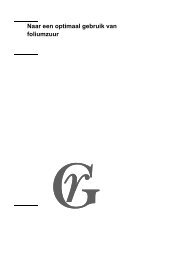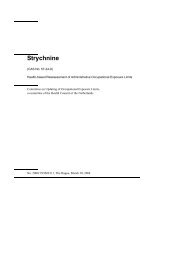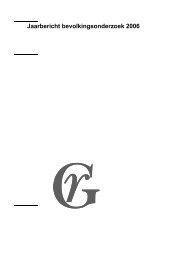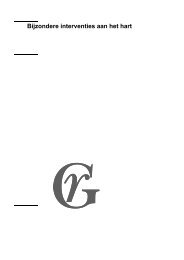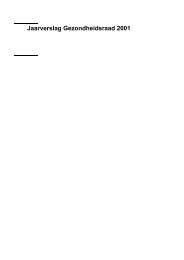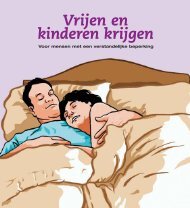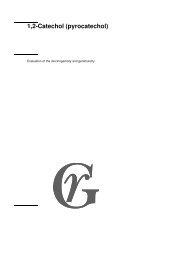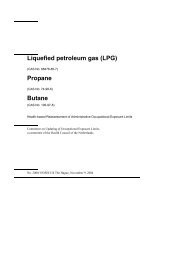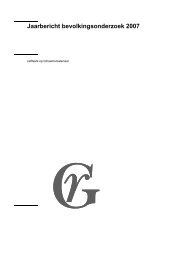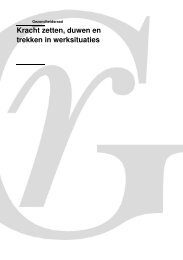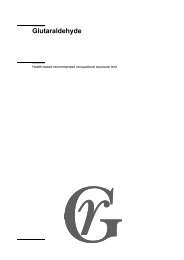Publication ( PDF , 981.92 KB ) - Gezondheidsraad
Publication ( PDF , 981.92 KB ) - Gezondheidsraad
Publication ( PDF , 981.92 KB ) - Gezondheidsraad
You also want an ePaper? Increase the reach of your titles
YUMPU automatically turns print PDFs into web optimized ePapers that Google loves.
F UNDING<br />
The university research is mainly financed by the university medical centres’ own<br />
funds (coming from direct government funding). Research at non-academic<br />
institutions is mainly dependent on funding from the auditory industry and grants<br />
from e.g. the ministry of health or the Health Insurance Board (CVZ). Only a<br />
limited number of national and international projects are financed by indirect<br />
government funding (ZonMw, NWO and EU respectively). Hearing research<br />
scarcely benefits from charitable donations. There is a considerable willingness to<br />
cooperate at both a national and international level, but due to the limited funds<br />
the options cannot be developed to their fullest potential.<br />
H EARING I NSTITUTE AND H EARING P LATFORM<br />
To strengthen the research and improve its overall coordination, the Council<br />
proposes the setting up of a (virtual) Hearing Institute in which all institutes and<br />
organisations that carry out hearing research (university and non-academic)<br />
should participate. The establishment of national priorities concerning the<br />
research to be performed at this institute can be fed by a Hearing Platform made<br />
up of representatives from interest groups and parents’ associations, research<br />
institutes, manufacturers and professional organisations. This platform can also<br />
contribute to an efficient implementation of the research results by, for example,<br />
organising annual meetings at which the research is presented.<br />
Structural funding is needed for hearing research. The Council recommends<br />
making a sum of € 200,000-500,000 per year available for a longer period of time<br />
(8 to 10 years) with an evaluation after 4 to 5 years. This strengthening of hearing<br />
research will also require an investment in the training of physicists, (bio)medical<br />
researchers, behavioural scientists, sociologists and epidemiologists.<br />
The Nationale Hoorstichting (Dutch Hearing Foundation) and the Nationaal Overleg<br />
Auditieve Hulpmiddelen (Dutch Committee for Hearing Aids) can provide the<br />
starting point for establishing the Hearing Institute and Hearing Platform. It<br />
should be investigated whether the hearing institute could eventually develop into<br />
an institute focussed on more general communication disorders. The existing<br />
expertise centres in this area, namely 'Early recognition' and 'Atypical<br />
communication' can serve as an example and/or basis for this.<br />
7



